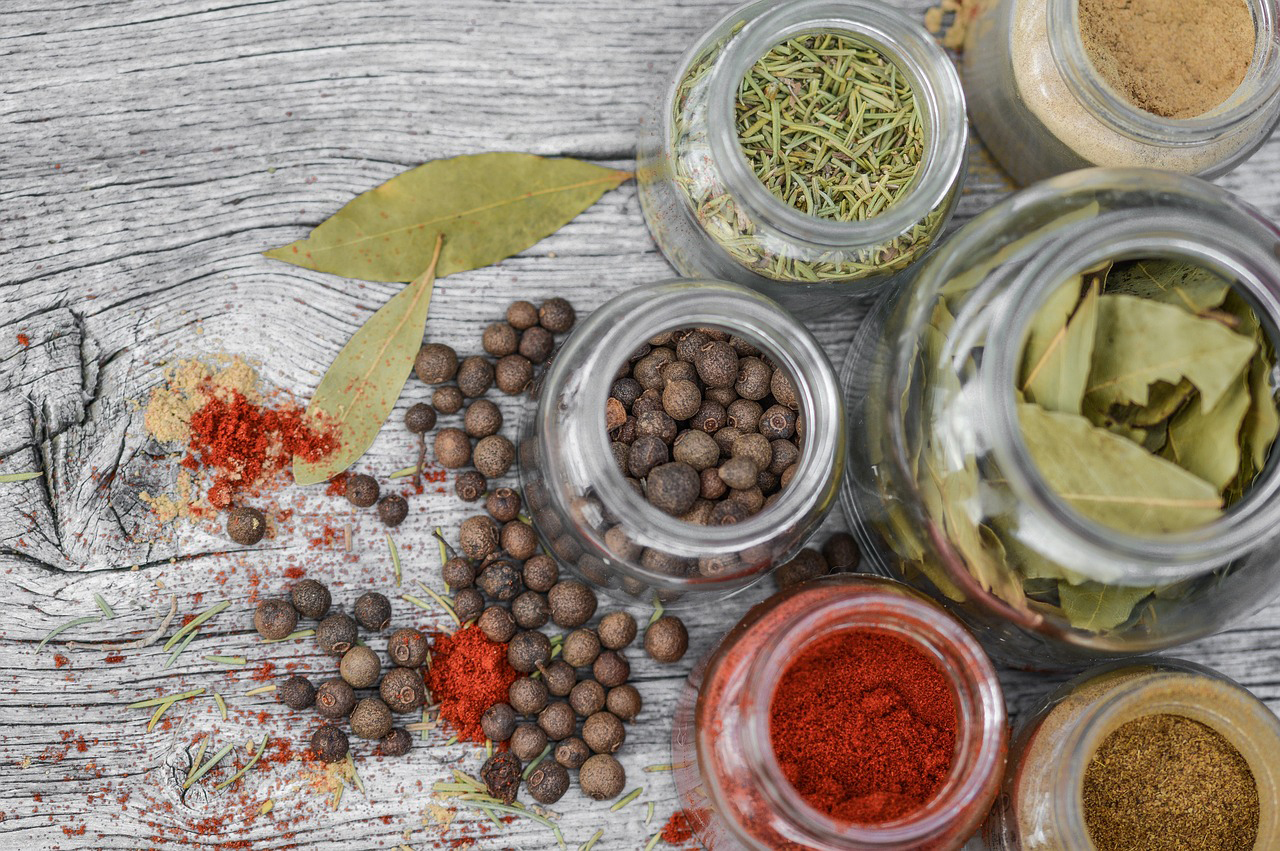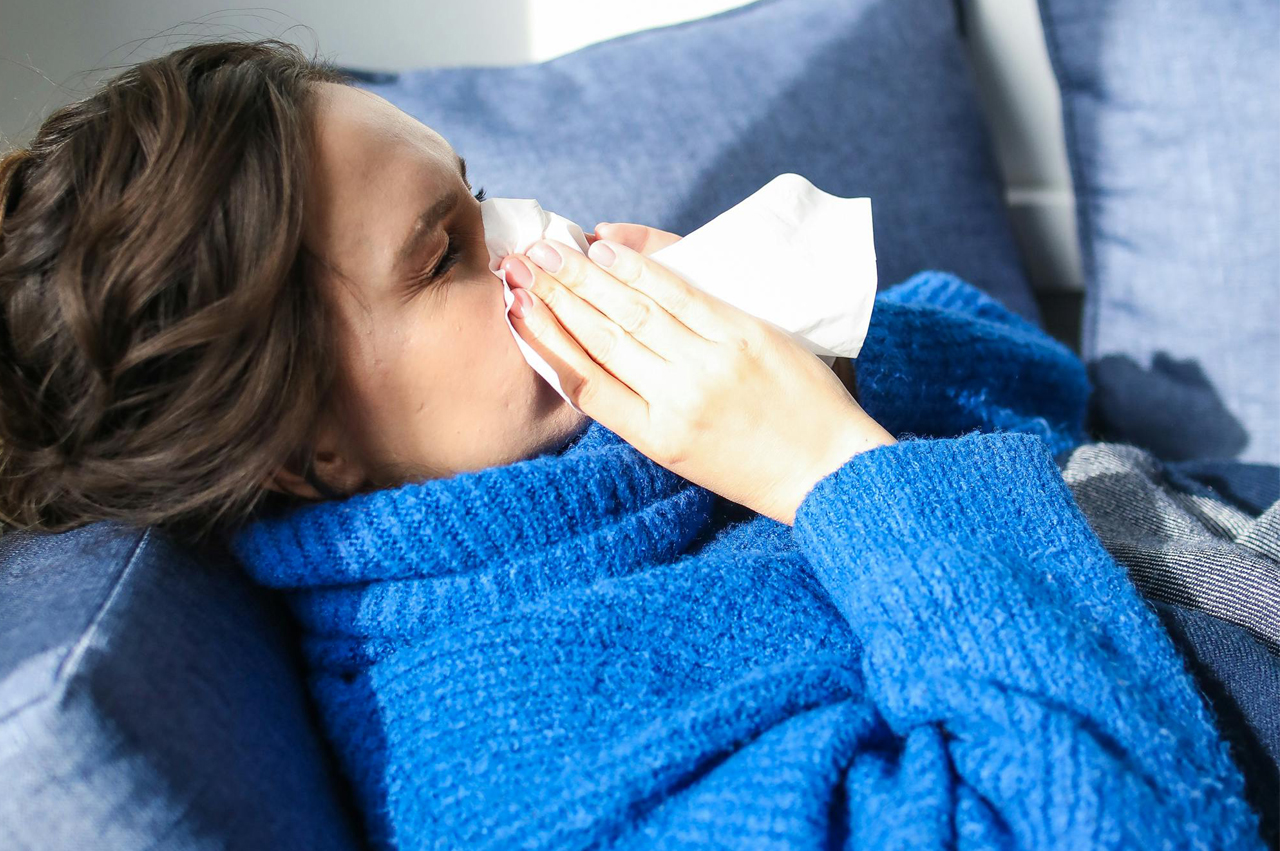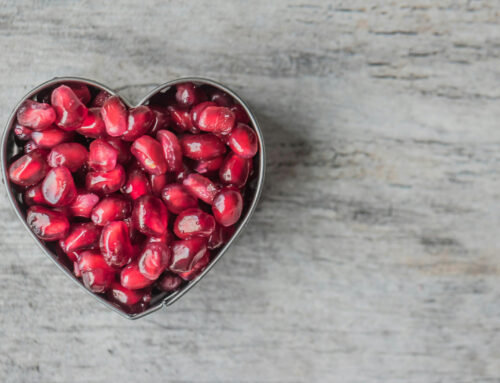Viral infections continue to pose significant health challenges, people in Charleston are increasingly seeking natural and holistic approaches to bolster their immunity and promote overall well-being.
Naturopathic doctors and holistic health practitioners offer complementary strategies that focus on prevention, immune support, and the body’s inherent ability to heal.
These approaches emphasize treating the individual as a whole—addressing not just the symptoms of viral infections, but also the underlying factors that contribute to vulnerability.
Foundations of Holistic and Naturopathic Approaches
Naturopathic medicine and holistic health practices share a core philosophy: the body has an innate ability to heal when supported with the right tools and environment.
Instead of focusing solely on eradicating the virus, these approaches aim to strengthen the body’s defenses, reduce stressors, and restore balance.
- Naturopathic Medicine: Naturopathic doctors (NDs) combine traditional healing methods with modern science to address health concerns. Their approach to viral infections includes lifestyle modifications, dietary interventions, herbal remedies, and nutritional supplements. NDs focus on treating the root cause of illness, promoting long-term health rather than just symptom relief.
- Holistic Health Practices: Holistic health practitioners look at the entire individual, considering physical, emotional, mental, and spiritual well-being. They use a wide range of therapies, including energy healing, bodywork, herbal and nutritional supplements, and mind-body techniques, to support the body’s natural healing processes. Holistic practitioners aim to create harmony within the body, which can help prevent and mitigate the effects of viral infections.
Prevention: Building a Strong Foundation
Both naturopathic doctors and holistic practitioners emphasize the importance of prevention in managing viral infections.
They believe that a healthy lifestyle is the first line of defense against viruses.
- Immune-Boosting Nutrition: A nutrient-dense diet is central to both naturopathic and holistic approaches. NDs and holistic practitioners recommend a diet rich in fruits, vegetables, and lean proteins, which provide essential vitamins and minerals that support immune function. Foods high in antioxidants, such as berries, leafy greens, and nuts, help combat oxidative stress and protect cells from damage. Probiotic-rich foods are also encouraged to support a healthy gut microbiome, which plays a critical role in immunity.
- Herbal Remedies and Nutritional Supplements: Both NDs and holistic practitioners often use herbs and nutritional supplements to enhance the immune system. Herbs like echinacea, cat’s claw, andrographis, and astragalus are known for their antiviral properties and immune-boosting effects. Vitamins and minerals such as vitamin C, vitamin D, and zinc are also commonly recommended to strengthen the body’s defenses against viruses. These natural remedies can be used both preventively and at the onset of symptoms to reduce the severity and duration of viral infections.
- Mind-Body Practices: Stress is a known factor that can weaken the immune system and increase susceptibility to viral infections. Holistic practitioners often incorporate mind-body practices such as meditation, yoga, and breathwork to help individuals manage stress and maintain emotional balance. Naturopathic doctors may also recommend these practices, recognizing the profound impact that mental and emotional health have on physical well-being.
Treatment: Supporting the Body’s Natural Healing Process
When it comes to treating viral infections, naturopathic and holistic practitioners focus on supporting the body’s natural healing processes rather than simply suppressing symptoms.
 Hydration and Rest: Adequate hydration and rest are fundamental to recovery from viral infections. NDs and holistic practitioners stress the importance of staying well-hydrated, as fluids help to flush out toxins and maintain mucosal barriers that protect against infection. Rest allows the body to conserve energy and direct it toward healing.
Hydration and Rest: Adequate hydration and rest are fundamental to recovery from viral infections. NDs and holistic practitioners stress the importance of staying well-hydrated, as fluids help to flush out toxins and maintain mucosal barriers that protect against infection. Rest allows the body to conserve energy and direct it toward healing.- Herbal Antivirals and Immune Modulators: Naturopathic doctors often prescribe specific herbal antivirals and immune modulators to help the body combat viruses. Herbs such as garlic, elderberry, and thuja have been shown to possess antiviral properties. In holistic practices, these herbs may be used alongside other modalities like bodywork or energy healing to enhance their effectiveness and support overall vitality.
- Detoxification Support: Both naturopathic and holistic approaches recognize the importance of detoxification in the healing process. NDs might use gentle detox protocols, such as liver support with milk thistle or lymphatic drainage with dry brushing, to help the body eliminate toxins that can accumulate during an infection. Holistic practitioners may also incorporate therapies like detox drinks and baths to further support the body’s natural detoxification pathways.
Recovery and Long-Term Health
After recovering from a viral infection, both naturopathic and holistic practitioners focus on rebuilding strength and preventing future illnesses.
They understand that recovery doesn’t end when symptoms subside; it involves restoring the body to its full vitality.
- Rebuilding the Gut Microbiome: A healthy gut microbiome is crucial for long-term immune health. NDs often recommend post-infection protocols that include probiotics and prebiotics to restore gut health, especially if antibiotics or other medications were used during treatment. Holistic practitioners may also focus on gut health, recommending a diet rich in fiber and fermented foods to promote a diverse and balanced microbiome.
- Supporting the Adrenals and Hormones: Viral infections can be taxing on the adrenal glands, which play a key role in the body’s stress response. Naturopathic doctors may prescribe adaptogenic herbs like ashwagandha or rhodiola to support adrenal health and improve energy levels post-infection. Holistic practitioners may use energy healing, chiropractic, bodywork, or yoga to help balance hormones and restore energy.
- Strengthening the Immune System: Both approaches emphasize the importance of ongoing immune support to prevent future viral infections. This might include continued use of immune-boosting herbs and supplements, regular exercise, stress management practices, and a nutrient-rich diet. NDs and holistic practitioners often work with patients to develop a long-term health plan that includes regular check-ins and adjustments as needed.
Case Studies and Patient Success Stories
Anecdotal evidence from patients who have sought care from naturopathic doctors and holistic practitioners reveals the effectiveness of these approaches in managing viral infections.
- Case Study: Managing Chronic Viral Infections: A patient suffering from chronic Epstein-Barr virus (EBV) sought the care of a naturopathic doctor after experiencing recurrent flare-ups and fatigue. The ND developed a comprehensive treatment plan that included dietary changes, high-dose immune boosting vitamins, like B, C, and D, along with herbal antivirals, like St. John’s Wort. Over the course of several months, the patient reported significant improvements in energy levels and a reduction in viral flare-ups.
- Testimonial: Holistic Approach to Acute Viral Illness: A holistic practitioner worked with a patient experiencing a severe flu. The treatment plan included a combination of elderberry syrup, echinacea, reflexology, and guided meditation for stress relief. The patient recovered more quickly than expected and reported feeling more resilient in the weeks following the illness.
In the End…
Naturopathic doctors and holistic health practitioners offer a synergistic approach to managing viral infections, focusing on prevention, immune support, and the body’s natural healing abilities.
By addressing the root causes of illness, supporting the immune system, and promoting overall balance, these practitioners help patients achieve not just recovery, but long-term health and resilience.
As more people seek natural and integrative approaches to health, the roles of naturopathic and holistic practitioners in supporting the body’s response to viruses are becoming increasingly valued.




